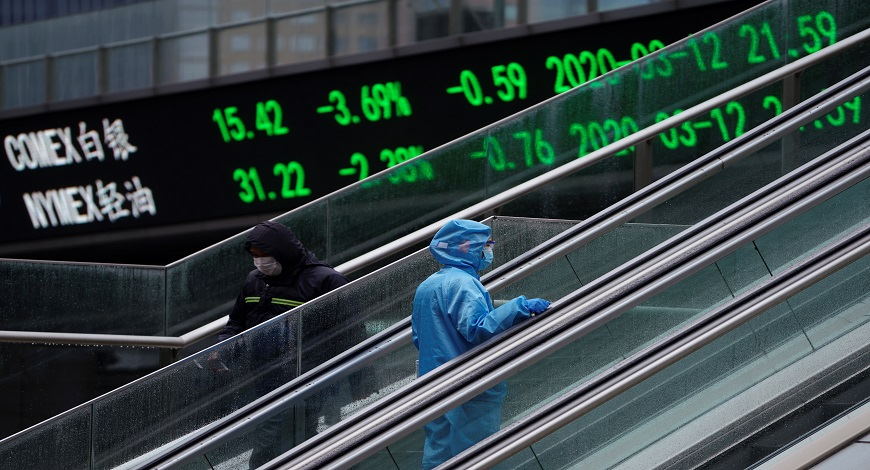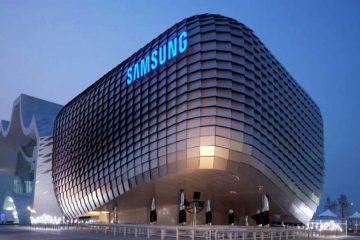Europe’s luxury stocks have room to rise, but becoming costly

Europe’s glittering luxury companies, the region’s top stock-market performers in 2023, may see yet more gains driven by a rebound in Chinese spending, but for some the sector is starting to look expensive.
The likes of French luxury giant and Louis Vuitton-owner LVMH , and Swiss jewelry company Richemont (CFR.S), have benefited from the resilience of their wealthy customers against the cost-of-living crisis.
Since the start of 2023, China’s decision to allow more normal activity and dismantle its strict COVID-19 restrictions has provided another boost for the sector.
An index of European luxury goods retailers (.dMIEU0TA00PUS) has rallied around 18% so far this year, outperforming the wider pan-European STOXX 600 (.STOXX), which is up 6.2% in the same time frame.
But the fact that luxury goods companies are not as cheap as they once were is a “concern/point of attention”, said Kasper Elmgreen, Head of Equities at Amundi, Europe’s largest asset manager.
European luxury has historically traded at a big premium relative to the broader market, but this has widened even further in recent years. At 23 times 12-month forward earnings, its current premium of 82% is almost twice as much as the 20-year average, according to Refintiv Datastream.
In a January research note, UBS analysts said 2023 was “the year of the Chinese consumer for European luxury”, and highlighted Richemont, Hermes (HRMS.PA) and Italian luxury group Moncler (MONC.MI) as their top picks and “the most balanced, high-quality plays on China re-opening”.
Ongoing concerns of recession, an expected fall in earnings expectations, and sky-high inflation mean the potential returns on luxury stocks could be a boon in what promises to be a difficult year for stock-pickers.
The ability to increase the price of products without losing customers has stood out as a key strength of Europe’s luxury brands, and remains in focus for equity investors even as inflation on the continent eased in December.
“The things they sell don’t really depend on the price that they charge, with the average price of a product at Cartier of $10,000 whether it increases to $11,000 is neither here nor there,” said Nick Clay, head of global equity income at investment manager Redwheel.
These shares have more room to run higher as Chinese consumers hit the shops again and luxury companies flex their pricing power. But with valuations already fairly lofty, investors question how much higher they can go.
LVMH’s most recent earnings showed a 9% rise in organic sales in the fourth quarter as shoppers in Europe and the United States splurged over the holiday season, helping partly to offset COVID-19 disruptions in China.
But some analysts focused on the margins, taking some of the shine off the fourth-quarter sales boost. That said, it had little impact on the share price, which has risen by 600% in the last 10 years, compared with a 91% gain in the benchmark STOXX.
“Companies like LVMH have high quality businesses, they compound profits over long periods of time and deliver great returns for shareholders,” said Mark Denham, head of European equities at French asset manager Carmignac.
“It is true that the ratings of these companies have risen so it becomes slightly more asymmetric, but over the long term earnings compounding is the dominant factor.”









